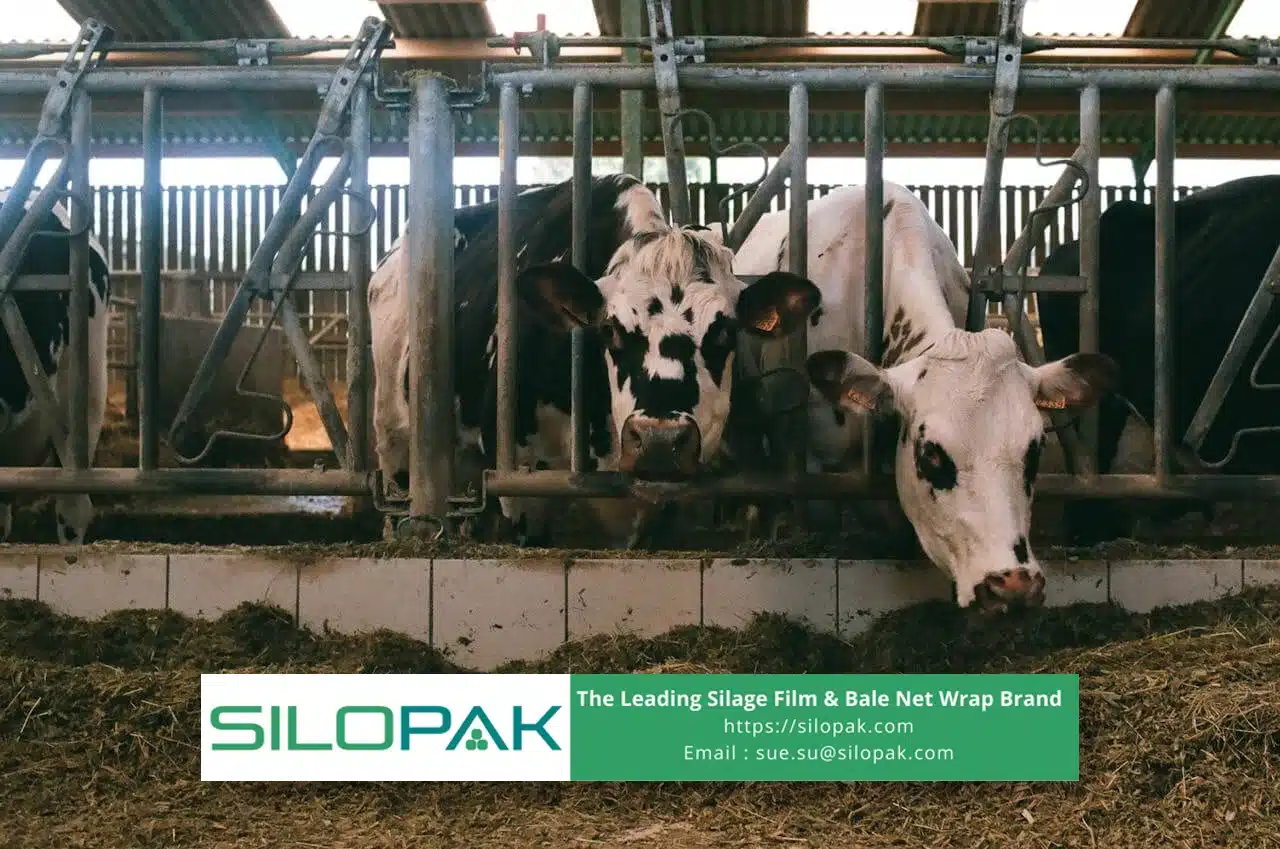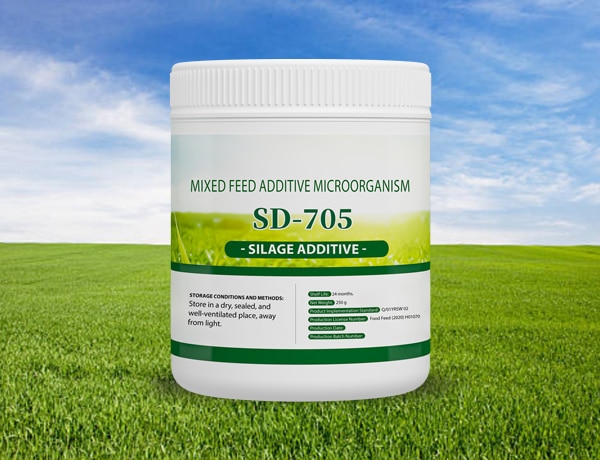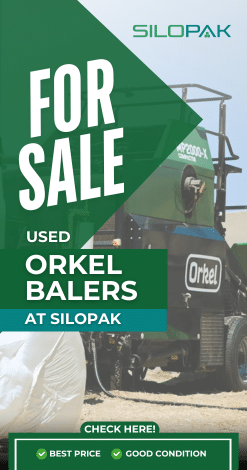
Dairy cows are a crucial source of animal protein and nutrient-rich dairy products. Maximizing milk production is the primary goal of farmers, and one way to achieve this is by providing the proper dairy cow supplements. This article will discuss the different types of essential supplements for dairy cows, their benefits, and tips on selecting and using them effectively.
contents
Types of Dairy Cow Supplements
By providing the appropriate and high-quality supplements, farmers can enhance milk production, maintain cow health, and increase profitability. Here are the important types of supplements for dairy cows and their benefits:
Energy Supplements
Energy supplements include grains, molasses, and vegetable fats. Grains such as corn, wheat, and barley are the main sources of energy for dairy cows. Molasses, such as cane molasses or beet molasses, are rich in sugar and provide easily digestible energy. Vegetable fats, like palm oil and soybean oil, can increase the energy content and fat levels in milk.
Protein Supplements
Protein supplements include soybean meal, peanut meal, and fish meal. Soybean meal is an excellent source of plant-based protein, rich in essential amino acids. Peanut meal provides adequate protein and energy, along with amino acids that support milk production. Fish meal is also rich in high-quality protein and essential amino acids, which are crucial for the growth and development of dairy cows.
Mineral Supplements
Mineral supplements include calcium, phosphorus, magnesium, and copper, all of which are vital for bone health, reproduction, and overall body function in dairy cows. Specifically, calcium is necessary for strong bones and teeth, as well as for producing quality milk.
Phosphorus plays a key role in energy metabolism, reproduction, and bone health. Magnesium is important for nerve and muscle function and aids in the absorption of calcium and phosphorus. Copper supports immune function, red blood cell production, and reproductive health.
Vitamins
The primary vitamins dairy cows need are A, D, E, and B-complex vitamins. Vitamin A is crucial for eye health, the immune system, and reproduction. Vitamin D aids in the absorption of calcium and phosphorus and is essential for bone health. Vitamin E acts as an antioxidant, helping to protect body cells from damage. B-complex vitamins are important for energy metabolism, nerve function, and digestive health.
Probiotics and Silage Additives
Probiotics are beneficial bacteria that aid digestion and improve nutrient absorption, which can enhance milk production and digestive health in dairy cows. Silage additives, such as SD-705, function as powerful probiotics and play a significant role in ensuring high-quality feed for dairy cows. SD-705, a silage fermentation agent, offers multiple benefits:
- High viable count, high activity, high stability, high lactic acid production, rapid pH reduction, low opening temperature, high aerobic stability.
- SD-705 works synergistically with various lactic acid bacteria to produce large amounts of lactic acid and propionic acid substances. This quickly reduces the pH value and inhibits the growth and secondary fermentation of harmful bacteria such as mold and clostridium.
- It prevents mold and corruption, reducing dry matter loss. Under normal circumstances, the total loss during the fermentation, cellar opening, and material collection stages is about 20%. Adding SD-705 can reduce the loss by 8-15%.
- Some aromatic substances produced during the lactic acid fermentation process can increase the aroma of silage and enhance the feed intake of dairy cows.
- The dominant beneficial bacteria in SD-705 improve the digestibility and absorption rate of dairy cows, increasing feed compensation.

Product Name: SD-705 (Silage Fermentation Agent)
Product Type: Mixed feed additive microorganism
Ingredients: Lactobacillus buchneri, Lactobacillus plantarum, Pediococcus pentosaceus, maltodextrin
Total Number of Viable Bacteria Added at Factory: ≥1.1×10¹¹ CFU/g
Feeding Dairy Cow Supplements
Proper supplementation should be done according to the specific needs and conditions of the dairy cows. Here are some tips:
- Consult a veterinarian or livestock nutritionist to determine the right type and dosage of supplements. They can assess the nutritional needs of dairy cows based on factors such as age, breed, health condition, and milk production level.
- Pay attention to the quality and nutritional content of supplements. Purchase supplements from trusted and reputable sources. Check the supplement labels to ensure the nutritional content meets the needs of your dairy cows. Avoid supplements containing unknown or potentially harmful ingredients, and ensure they are stored properly to maintain quality.
- Administer supplements according to the instructions to avoid side effects. Over-supplementation can be harmful to the health of dairy cows.
- Regularly monitor the condition of your dairy cows to ensure the supplements are beneficial.
- Adjust the type and dosage of supplements as the nutritional needs of dairy cows may change with growth and development.
Benefits of Dairy Cow Supplements
Providing the right supplements can offer significant benefits for dairy cows, including:
- Increased milk production.
- Improved milk quality.
- Maintenance of cow health and fitness.
- Enhanced feed efficiency.
- Streamlined digestive processes.
- Strengthened immune system.
- Improved fertility in dairy cows.
Ultimately, providing the right supplements can help increase milk production, maintain cow health, and boost farmer profits. To complement supplementation, effective storage technology is also crucial. As a recommendation, consider using Silopak products.
Our silage film offers excellent durability and performance, being made from selected premium resins and proven to withstand extreme weather conditions. Similarly, our bale net wrap helps preserve brown straw, silage, and hay by retaining moisture and improving bale efficiency. Additionally, we provide round bale film, which is popular in the agricultural sector for the transportation and protection of green hay, chopped corn, and mixed feed bundles.


